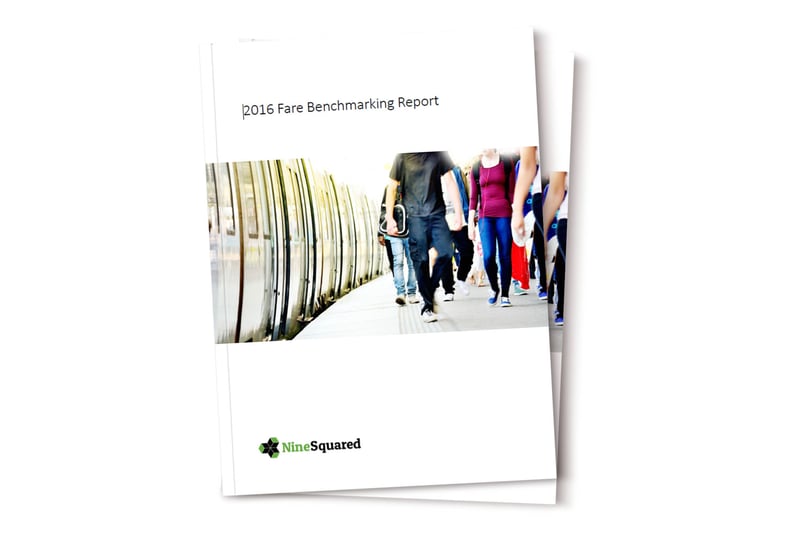
Bus, rail and ferry fares are often subject to scrutiny and questioning - particularly when changes are made to fare levels and fare products. We aim to provide context for thinking about fares in different cities and how they relate to local employment conditions by comparing the amount of time a person would have to work at the minimum wage in each city in order to afford a return trip on public transport.
Using minimum wage allows for the consistent comparison between different fares for public transport services, which are not traded internationally and so not directly comparably across cities let alone countries. Pricing is not the only relevant comparator for public transport fares. High levels of service frequency and a long span of operating hours can mean that fares represent a smaller proportion of the total (or generalised) cost of using public transport and so will have a lower impact on a customer's decision to use or not use a particular system.